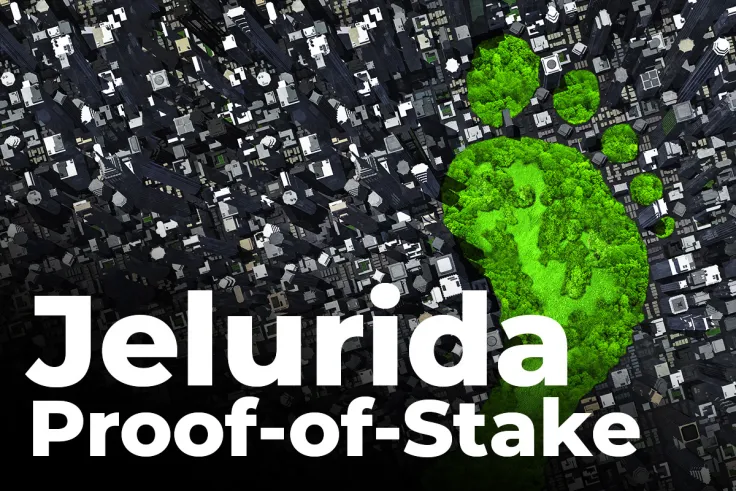Several cryptocurrencies, including Bitcoin and Ethereum, have witnessed massive growth. Fueled by the pandemic and the sudden shift to contactless payments, cryptocurrencies are enjoying quite the run. This has led to more mining activities to balance the demand-supply ratio, leading to massive energy consumption and electronic waste.
While the concern regarding crypto mining’s environmental impact has always been an area of debate, the alarm bells started ringing louder after Elon Musk promptly reversed his decision to accept Bitcoin as payment for Tesla cars. ‘The carbon footprint of Bitcoin mining and its impact on the environment’ were the primary reasons he listed. Multiple research efforts from renowned institutes point out that rising cryptocurrency prices have led to an “astronomical” surge in CO2 emissions, affecting the global environment severely.
Even before Musk’s tweet, environmentalists have repeatedly raised alarms about the environmental impact of mining cryptocurrencies, leading to the formation of the Bitcoin Mining Council.
To provide a workaround for blockchain’s growing energy consumption, Jelurida, a Swiss blockchain software development company, is supporting new and upcoming decentralized projects to transition to 100% renewable energy sources. Jelurida develops and manages the Ardor, Ignis, and Nxt blockchain platforms that solve real-world problems.
These blockchains use a multichain architecture, making them highly interoperable and scalable while overcoming the most critical hurdles of legacy blockchain solutions, such as bloating, single token dependency, and high power consumption. Jelurida is the first company to implement a pure Proof-of-Stake (PoS) protocol, making its underlying technology reliable and sustainable. Unlike other legacy blockchains that use Proof-of-Work (PoW) protocol that requires high computing power, the ingenious Nxt PoS protocol works seamlessly with minimal hardware requirements, leading to lower greenhouse emissions.
Jelurida’s energy-efficient PoS consensus protocol and its multichain architecture have already been tested and proven across several innovative real-world cases. For instance, it helped the Austrian Federal Ministry develop a protocol that allowed residents to earn tokens by submitting sources of waste resources. The HotCity project raised €310,000 as it solved the real-world problem of recycling heat from waste energy resources.
Another real-world use case of Jelurida’s Ardor blockchain and PoS protocol is the Cycle4Value project. Funded by the Austrian Federal Ministry for Climate Protection, this project enabled users to earn tokens by cycling.
The TreeCycle project relies on Jelurida’s Ignis blockchain and PoS consensus protocol to merge gamification with a social cause. The project aims to plant forests across Paraguay while offering investors up to 40% returns.
Amidst the rising pressure from governments and NGOs, emerging blockchain-based projects are looking for more technologically advanced, secure, and energy-efficient alternatives. And Jelurida’s suite of blockchain solutions and 100% PoS consensus protocol is the perfect solution to lower the CO2 emissions of cryptocurrencies.


 Dan Burgin
Dan Burgin Vladislav Sopov
Vladislav Sopov